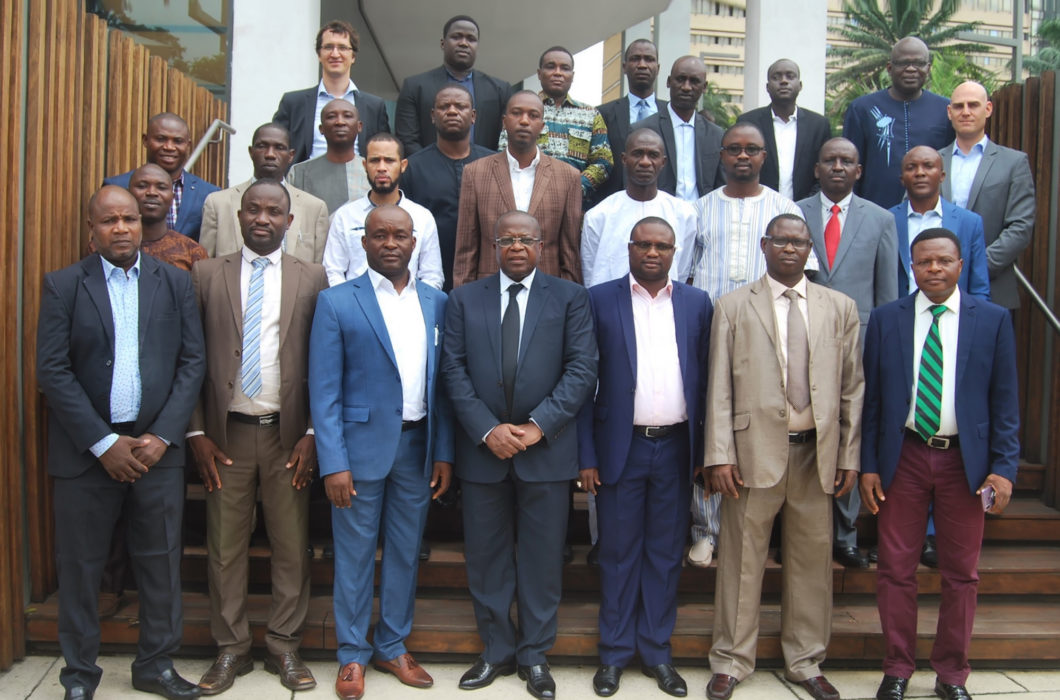Client
GIZ Deutche Gesellschaft für Internationale Zusammenarbeit GmbH
PROJECT Description
One of the important factors for economic development in West Africa (15 ECOWAS countries and Mauritania) is a sustainable electricity supply at affordable prices. However, there are considerable electricity supply gaps in the region due to a lack of generation capacity and insufficient infrastructure for electricity transmission and distribution. These problems can partly be addressed by promoting and implementing the energy efficiency (EE) potential of these countries through adapted regulations and addressing the lack of integrated EE culture in the public, private, commercial and residential sectors. In this context, the West African Power Pool (WAPP), the ECOWAS Centre for Renewable Energy and Energy Efficiency (ECREEE) and the ECOWAS Regional Electricity Regulatory Authority were created. One of the activities of ECREEE over the past few years was to develop minimum energy performance standard (MEPS) regulations for on-grid and off-grid lighting, as well as for air conditioners and refrigerators.
HIGHLIGHTS
Under this mandate, Econoler is carrying out the following tasks:
- Conduct a detailed evaluation of the implementation status of all approved ECOWAS MEPS. This includes institutional and legal frameworks, sustainability, legal instruments, application status in each country, constraints, challenges, and opportunities, readiness as well as acceptance of the main actors involved in the implementation process, such as policy and decision makers and enforcement personnel;
- Support the GIZ/ECREEE team in identifying and developing two new MEPS for electrical appliances;
- Support ECREEE in the design of regional EE labels;
- Draft a regional directive/regulation on EE standards and labelling in the sub-region;
- Formulate an implementation strategy for the ECOWAS MEPS at the national level;
- Conduct an appraisal of MEPS testing facilities (needs assessment, accreditation, economic and financial analysis, sustainability) within the national and sub-regional framework.
The development of two new regional MEPS and regional EE labels will provide ECOWAS countries with a simplified solution to quickly implement additional MEPS in their countries and reduce energy consumption. This will directly help each country address increasing issues with their electricity grids due to a lack of generation capacity and insufficient infrastructure for electricity transmission and distribution.



